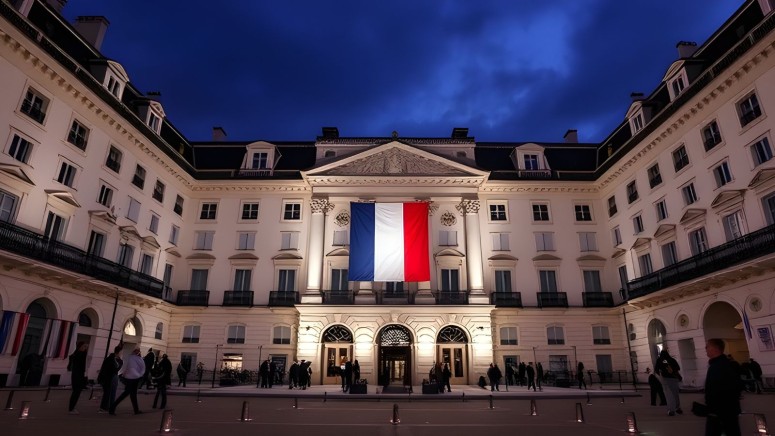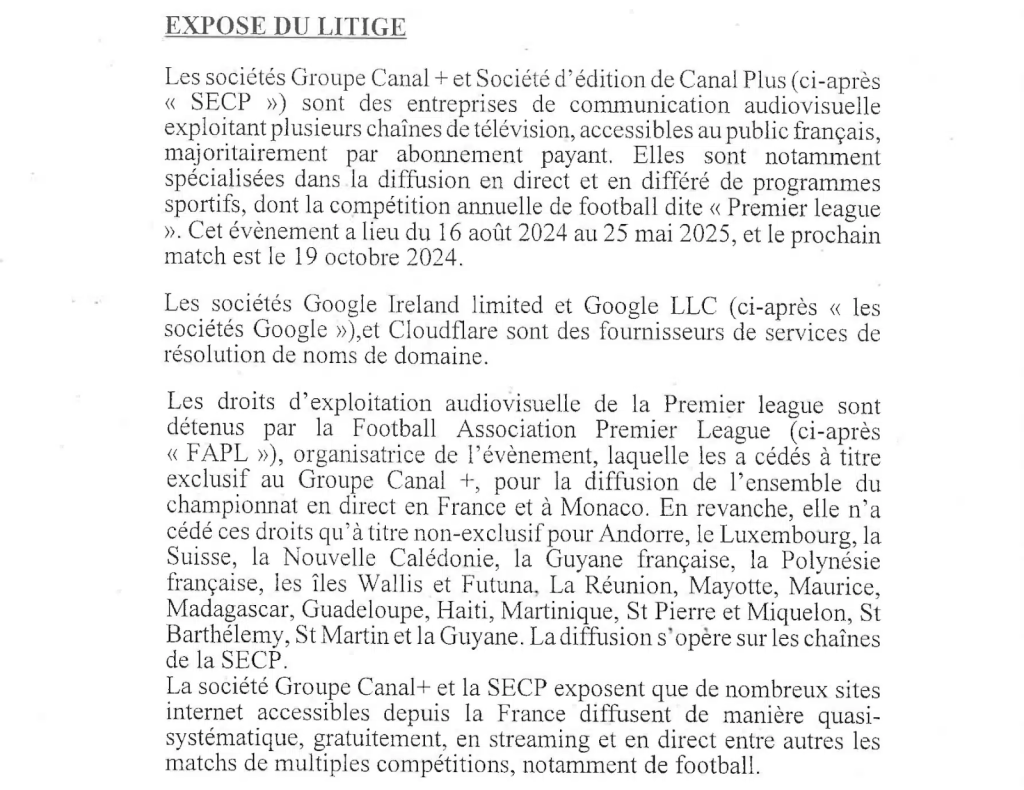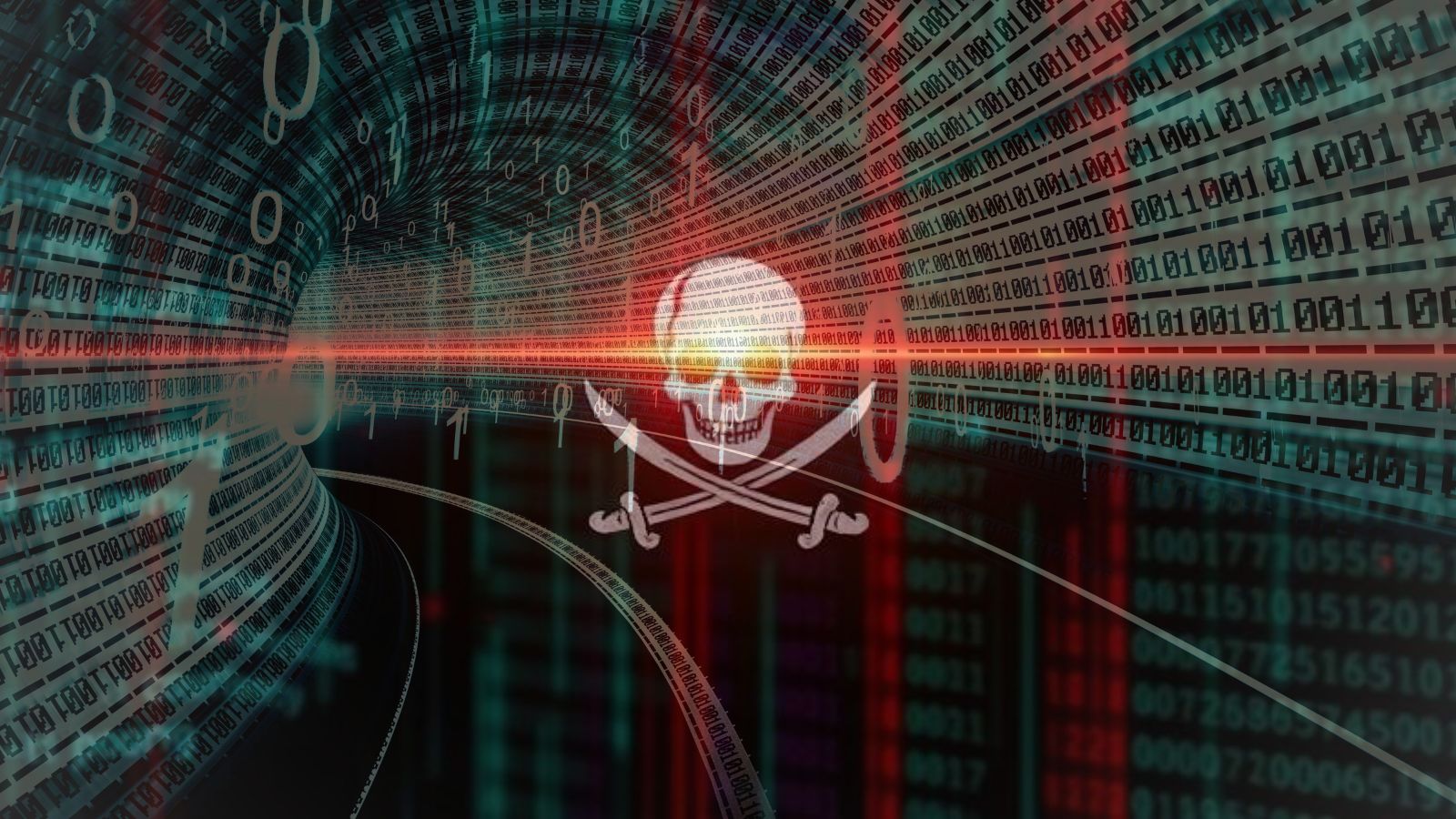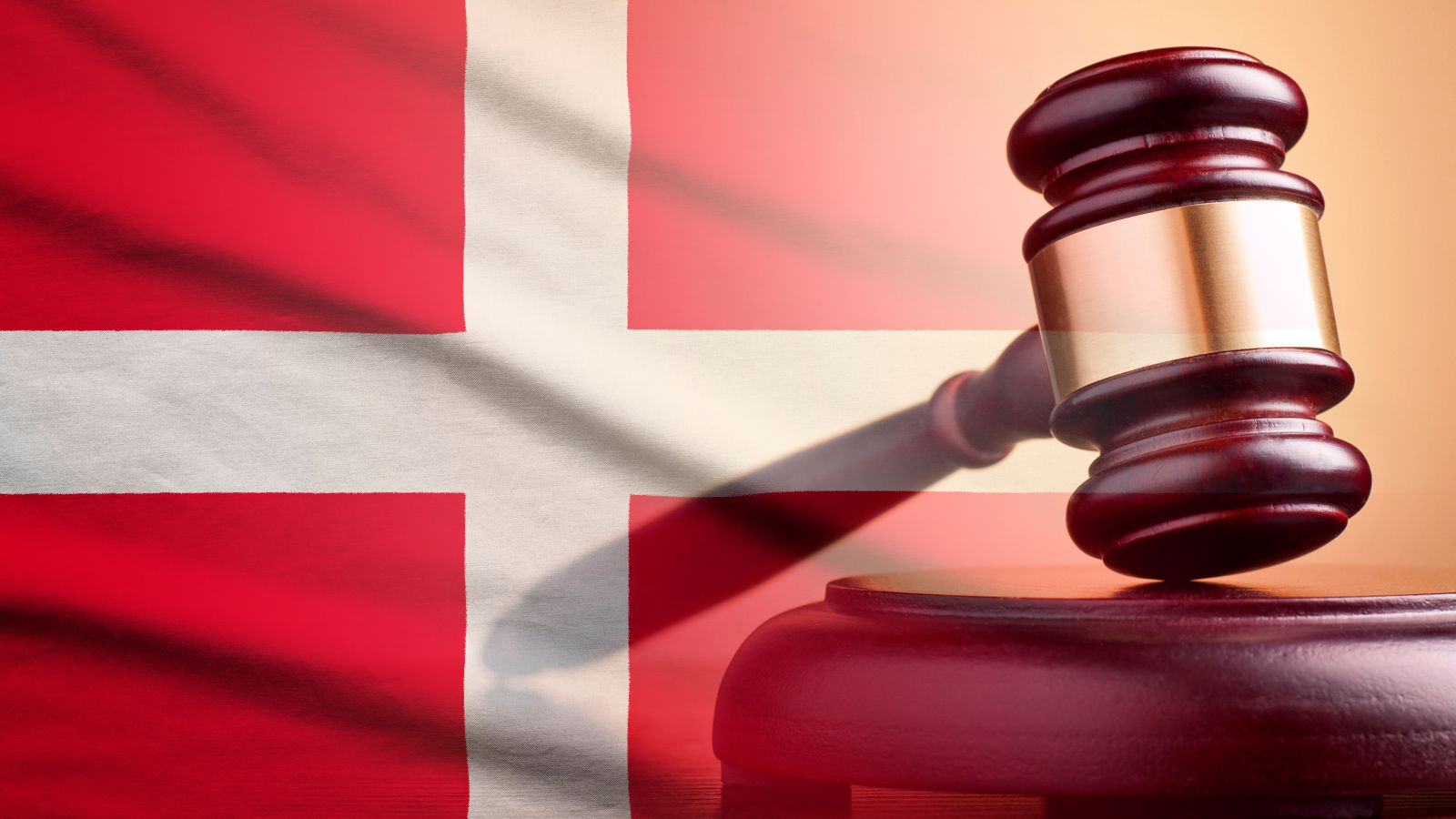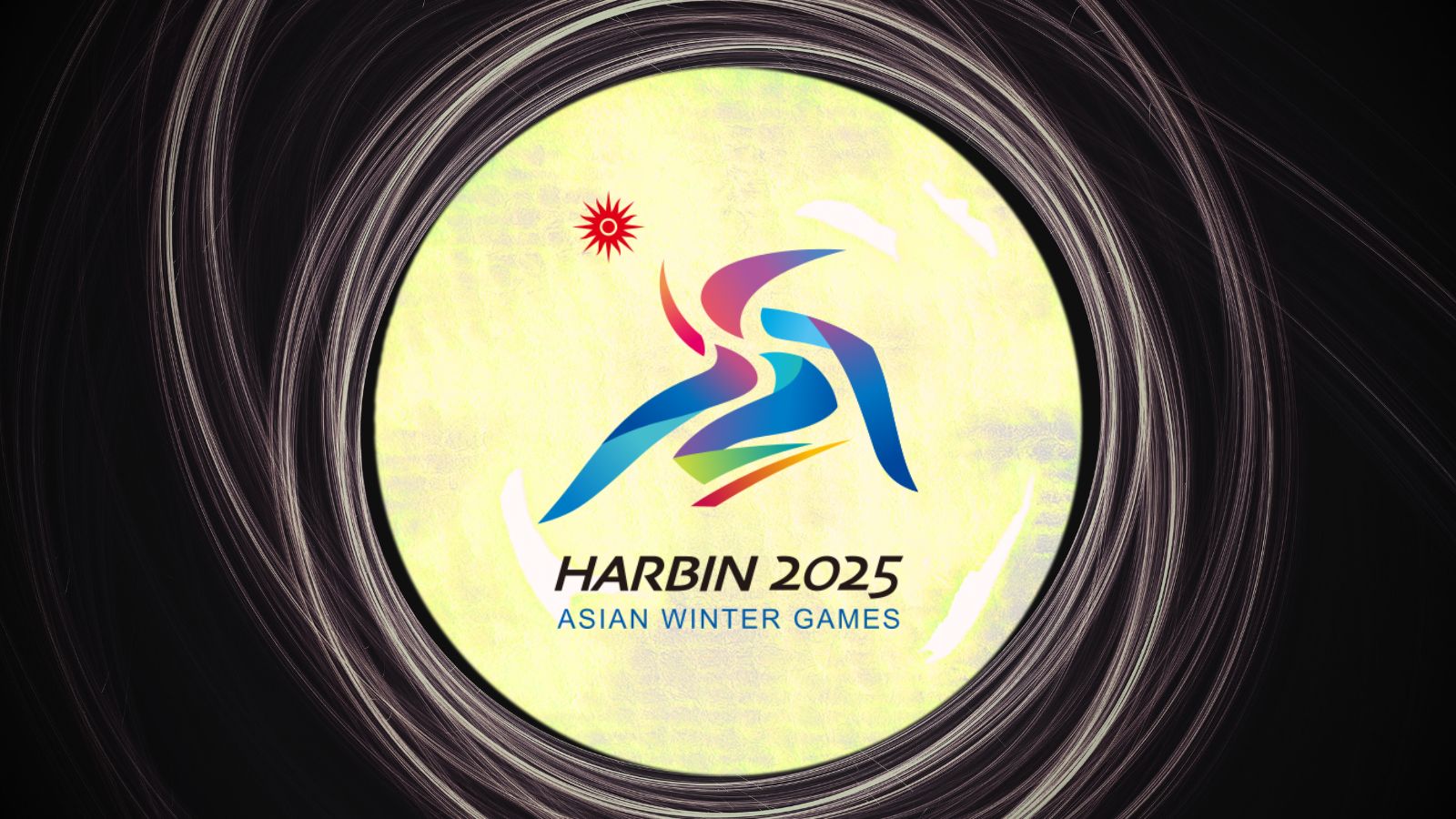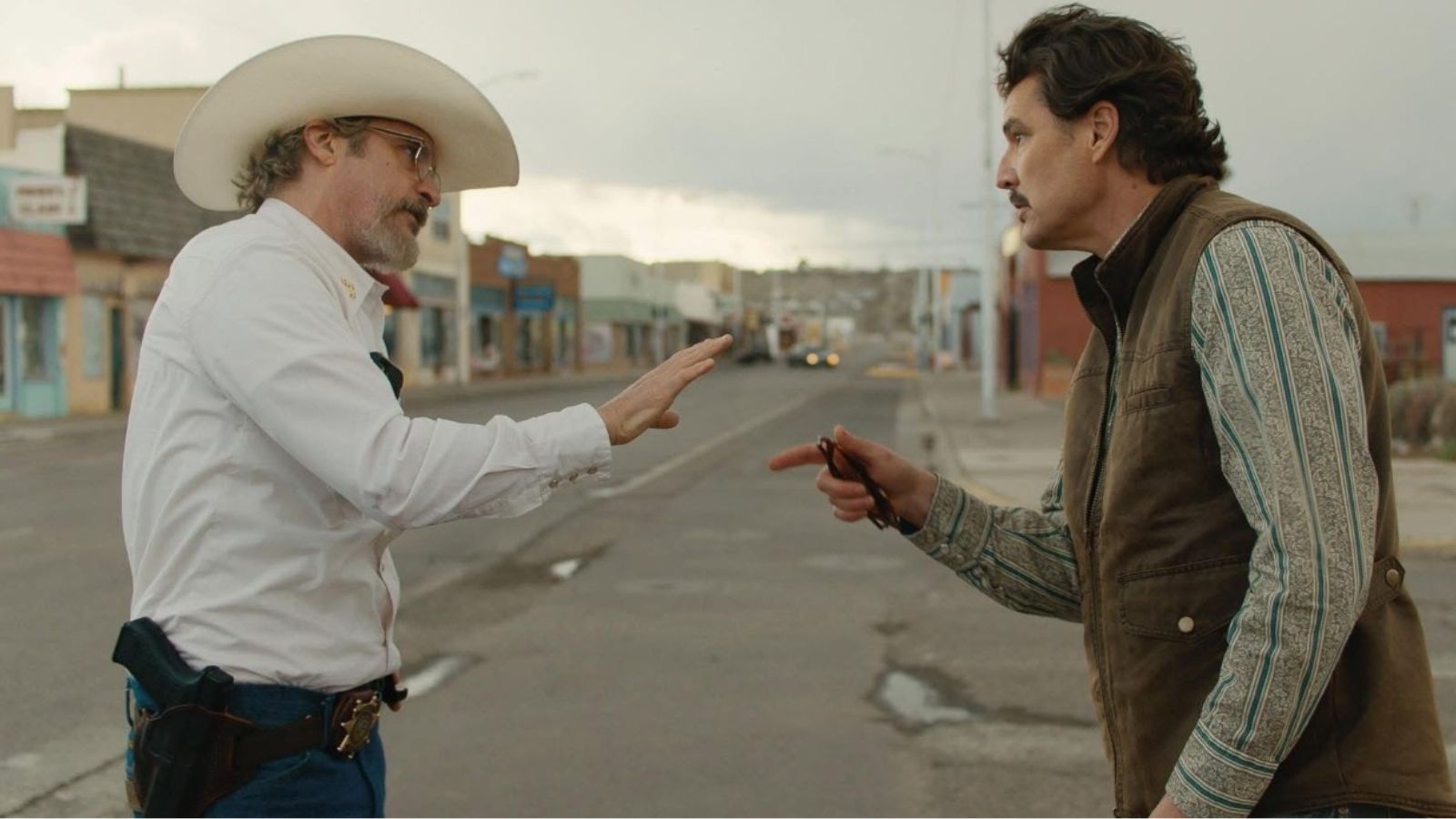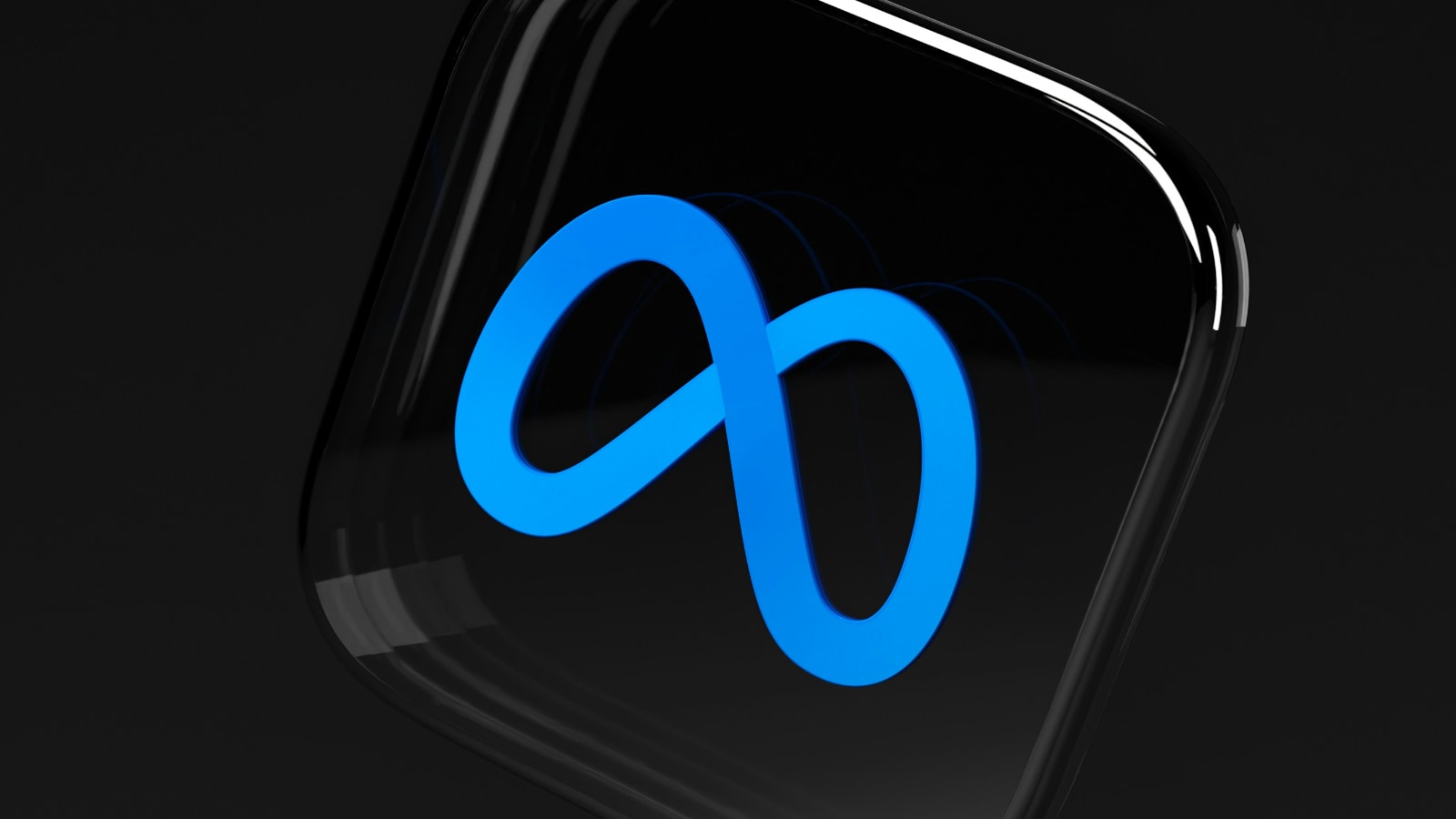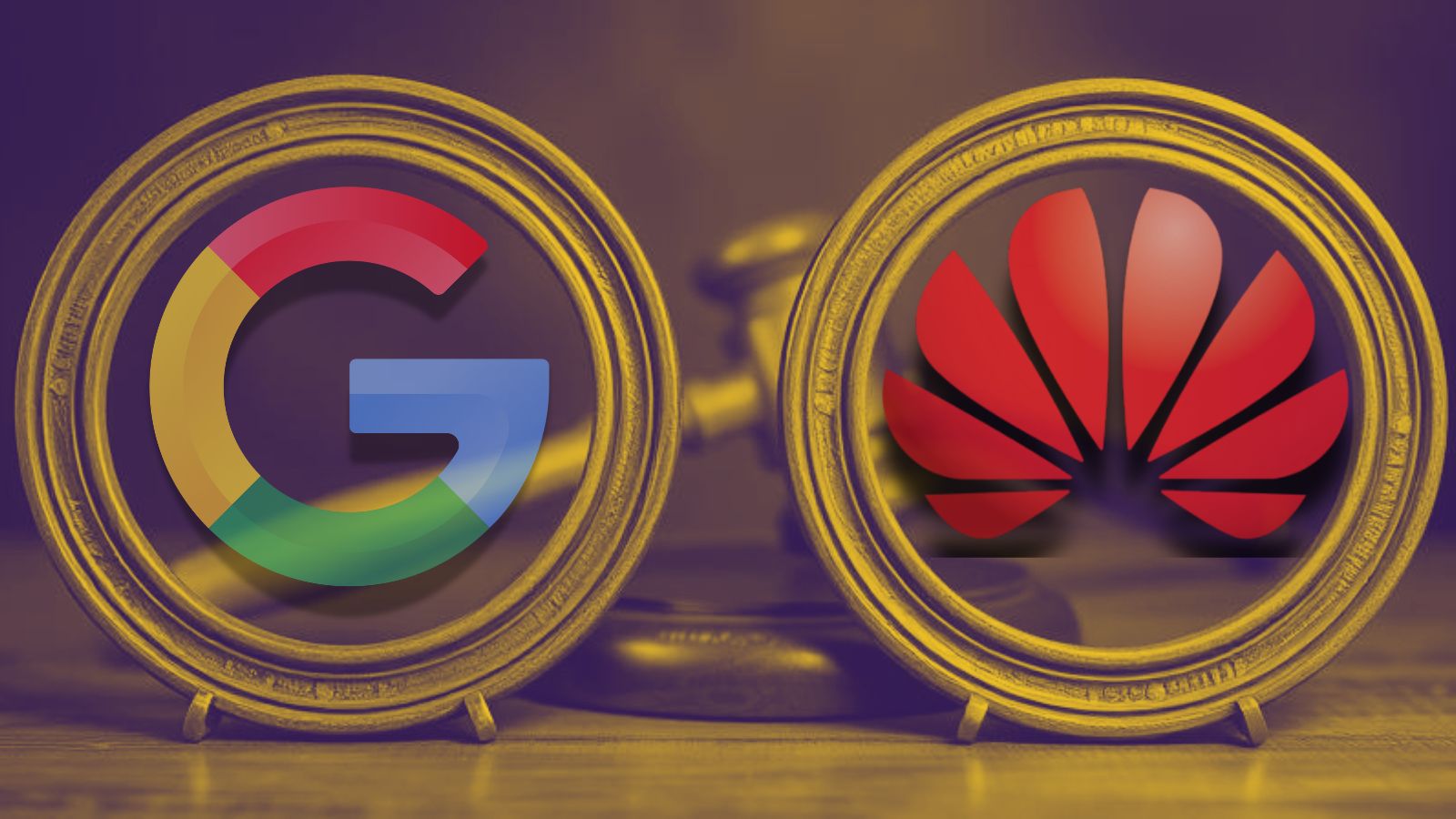
Paris Court Extends Google and Cloudflare DNS Blocking in Piracy Battle
- The judicial court in Paris issued additional orders that target DNS providers regarding sports piracy.
- These talk about altering DNS results to reduce access to websites that offer copyright-infringing sports content.
- Google and Cloudflare were again asked to block access to sites offering unauthorized Formula 1, Champions League, and Premier League streams.
The Paris Judicial Court has issued additional orders intensifying its battle against sports piracy by targeting DNS providers. These measures, described as DNS poisoning, aim to disrupt access to pirate sites by altering DNS results.
Following controversial decisions earlier this year under Article L.333-10 of the French Sports Code, Google and Cloudflare have again been directed to block access to numerous pirate streaming domains, including sites offering unauthorized Formula 1, Champions League, and Premier League streams.
Cisco, which discontinued OpenDNS in France due to earlier rulings, is no longer impacted. However, companies like Reuters and critics of the decision emphasize potential risks to DNS infrastructure integrity and warn of fragmentation in global internet standards due to region-specific orders.
Cloudflare and Google argue against the measures, citing disproportionate costs, inefficiencies, and concerns over collateral damage. They suggest simpler and more effective alternatives, such as traditional ISP-level blocking, while questioning the legal interpretation of their role as “intermediaries” under EU laws.
Nevertheless, the Paris Court upheld its stance, asserting that DNS providers play a significant role in content transmission and emphasizing the necessity of such measures to counter illegal streaming.
To date, the orders have expanded to encompass dozens of additional domains over multiple court rulings, further broadening the scope of the campaign led by broadcaster Canal+. Both Cloudflare and Google are expected to appeal the decisions, with larger debates around jurisdiction, global internet principles, and the role of DNS providers continuing to unfold.
These rulings underscore a growing global trend of judicial bodies leveraging technological intermediaries to enforce anti-piracy measures. This evolution poses critical questions about the balance between enforcing intellectual property rights and safeguarding the structural integrity of core internet protocols.
The outcomes of upcoming appeals are anticipated to influence global policy on DNS blocking, setting potential precedents for other regions and sectors. Internet governance bodies and infosecurity professionals alike are now prompted to address long-term ramifications on internet trust, uniformity, and resilience.
LaLiga published a September report that claimed its anti-piracy unit tackled illegal platforms, some owned by Google, which is accused of indirectly endorsing piracy by standing idle while illegal IPTV services prosper.
In recent news, British broadcasting company Sky underlined Cloudflare's, Google's, and Facebook’s role in facilitating IPTV piracy. Sky’s submission to the E.C. tackles big companies’ failure to deter pirates, as Facebook’s Marketplace policies, Google’s takedown approach, and Cloudflare’s abuse by pirate websites are in the report’s spotlight.
Yet, a U.S. court decided that Cloudflare is not liable for third-party copyright infringement and doesn't need to remove the unlawful websites it serves.

